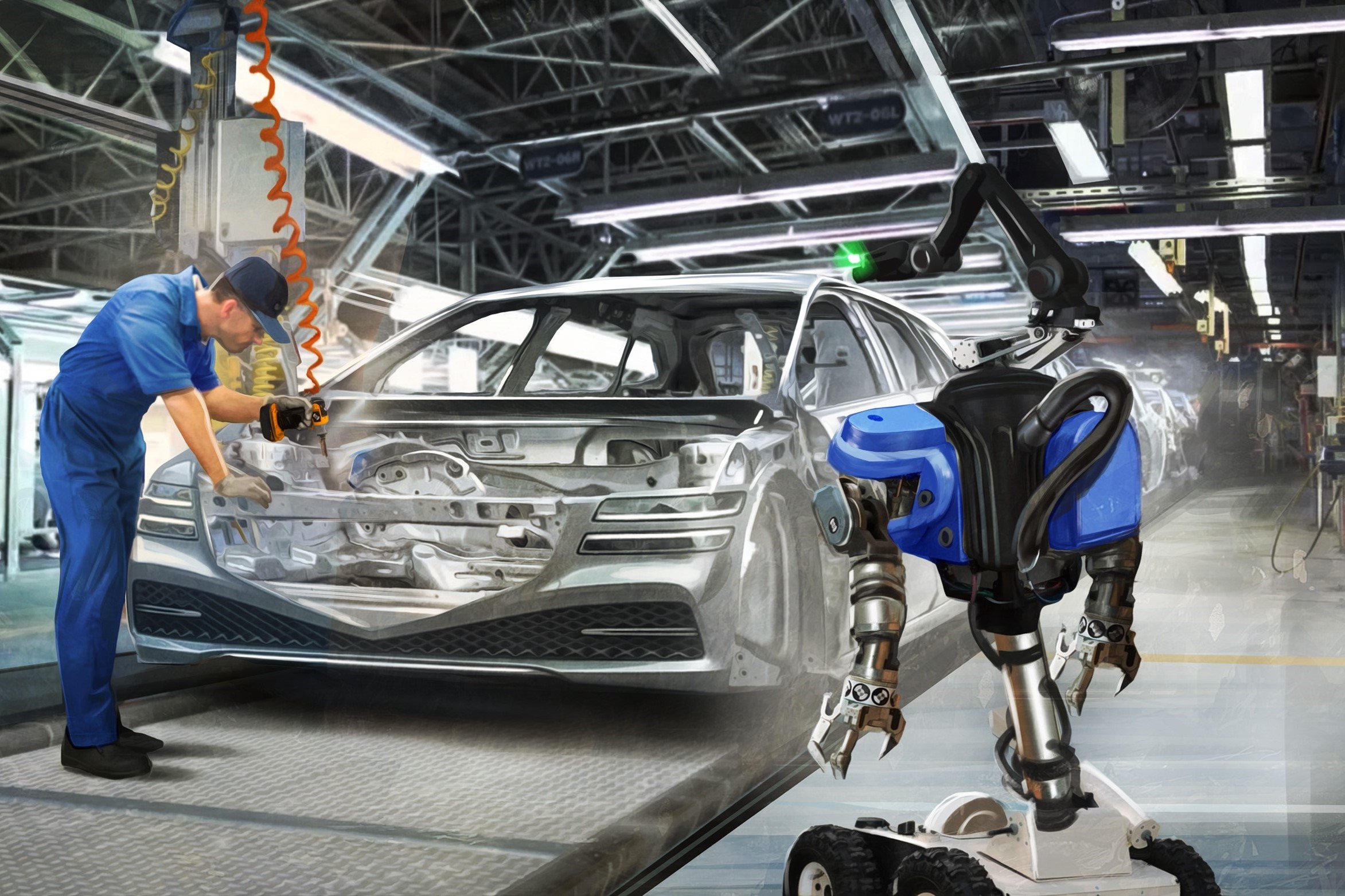Research
Our research teams are focused on combining cognitive intelligence with athletic intelligence in order to make robots smarter, more capable, and easier to work with. Our work incorporates AI, machine learning, control systems, dexterity, mobility, perception, and hardware design, as well as the ethics and societal impact of robotics and AI.
Cognitive Intelligence
If robots are smart enough, we won’t need a fleet of programmers every time a robot needs to do a new task. The robot will understand what it sees, determine how to navigate the space, and figure out what manipulation tasks are needed to perform to successfully complete the assignment. It will also map the observed process onto hardware — its own morphology and the morphology of other robots — and consider how available infrastructure such as tables, fixtures, and tools can be used.
Athletic Intelligence
Although not every human being is an athlete, we all possess high levels of athletic intelligence. In humans, athletic intelligence is what enables balance while walking, running, and climbing, utilizing real-time perception to maneuver through terrain and around obstacles and opponents, grasp and manipulate objects, and manage motion energetics to achieve remarkable endurance and strength. The Institute’s work on athletic intelligence will address capabilities of robots that physically move in the world, including their mobility, navigation, and dexterity.
Fundamental Progress
The ultimate goal of the Institute's work is to solve problems that are relevant to a wide range of machines that work in a wide range of industries. Just as basic education gives people skills and capabilities that allows them to perform well at a wide range of jobs, we hope to give robots and other machines capabilities that make them easier to use, and more effective. Making fundamental progress will take time — we are focused on a 5-8 year horizon for practical results.



